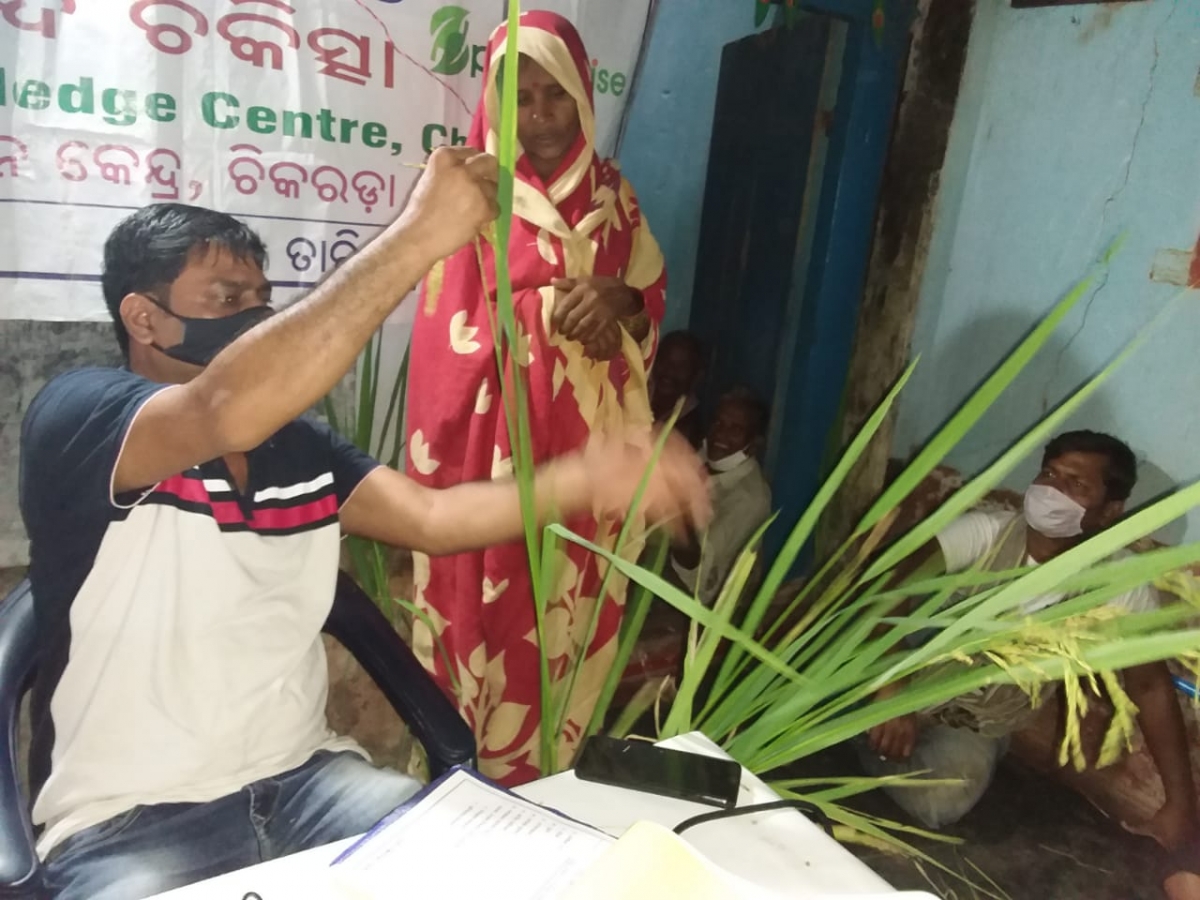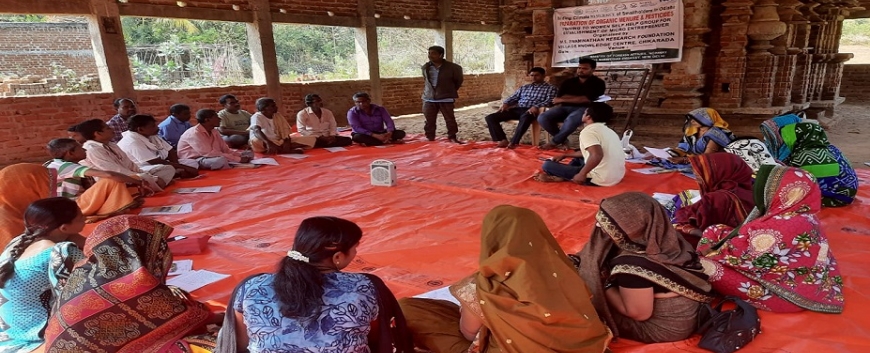RESILIENCE putting emphasis on a combination of nature based and technology based solutions to improve sustainabiltiy and efficency
The key would be to increase both sustainability and resilience against future climate stresses and extremes through the technological and nature based solutions.
Rice is the staple food for more than half of the world’s population and the dominant crop in India. Paddy rice systems are the second largest emitter of GHG emissions in Asia. Estimates  of global CH4 emissions from paddy fields alone range from 31 to 112 Tg/year, accounting for up to 19% of total emissions, while 11% of global agricultural N2O emissions come from rice fields.
of global CH4 emissions from paddy fields alone range from 31 to 112 Tg/year, accounting for up to 19% of total emissions, while 11% of global agricultural N2O emissions come from rice fields.
According to the Project Coordinator, Dr.Udaya Sekhar Nagothu, it is thus of utmost importance to improve efficiency of the rice farming systems and foster the transition to sustainable and climate neutral farms in India. In the ongoing RESILIENCE project, attempts are being made to reduce excessive use of the external farm inputs (e.g. fertilisers, pesticides) with nature-based solution such as biopesticides/ biocontrol, improved soil services. At the same time the project is putting emphasis on improving the precision of inputs that are used (e.g., fertilsiers, water) with the support of digital tools and drone technology.
The combination of measures that are being tried in RESILIENCE, such as mixed/inter-cropping, organic management, no-tillage, enhanced crop diversity through promoting legumes can be part of the solution. And together with technology-based solutions (e.g. short duration crops/varieties that are flood and drought tolerant rice varieties new improved varieties, Apps/sensors, other ICT tools in plant health diagnosis) the proejct aims to improve the institutional/policy/social and economic sustainability of farming system transition.
The project team is looking forward to work with farmers in the field and increase their capacity though Village Knowledge Centres for promoting/upscaling the nature based and technology solutions during the year 2021. VKCs will play an important role in knowledge exchange between the scientists and farmers, with a focus on women and youth as well as farmers to farmer at the horizontal level by improving the social capital especially in terms of social relations/network, trust and norms.


